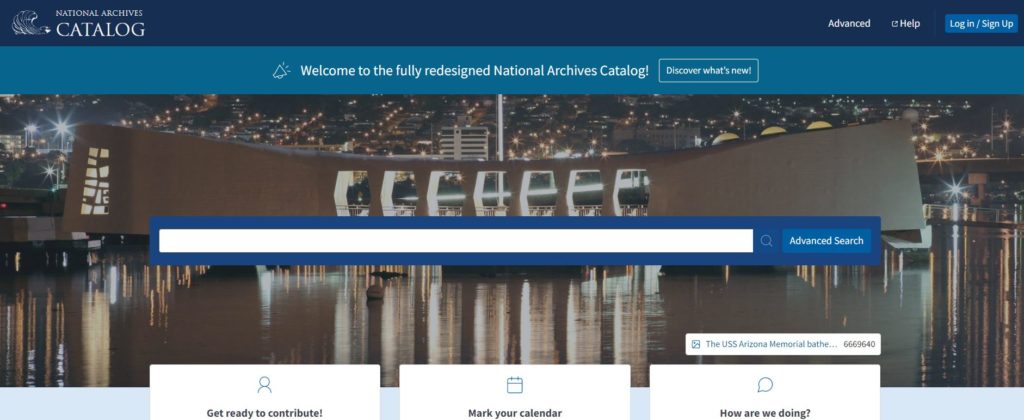Way too many long deceased fellow human beings lie in cemeteries marked only by a small rock, a number on a wooden spike, or nothing at all. They were residents at orphanages, poor farms, Native American boarding schools, state hospitals, and other dreary places in the U.S. and Canada.
Today, we have updated histories and articles being written about such places. Groups of relatives, friends, and community members are focused on determining who is buried in cemeteries related to these places. Often the burial records are sparse, but combining a variety of resources, many of the people in these cemeteries are being remembered, written about, receiving a gravestone, and will forever be able to be discovered by family historians.
I love reading upbeat stories about teenagers and in this case, groups connected to such a cemetery. A woman, Julie Neubauer, who is writing a history of such a place in Willmar, Minnesota, found some cemetery records and called on local volunteers to help clean up the cemetery. In addition to others, a high school confirmation class and a high school cross country team, joined the volunteers. “Under Neubauer’s direction, the students acknowledged each person by reading their name out loud as they worked to restore the markers.” That statement really got to me.
The full story is here https://www.wctrib.com/news/local/st-marys-confirmation-students-cleaned-the-grave-markers-at-oak-knoll-cemetery-north-of-willmar
From the Minnesota Historical Society which holds some patient and employee records from over the years: “The Willmar State Hospital was established by the legislature in 1907 as the Hospital Farm for Inebriates. It admitted patients who voluntarily sought treatment for addiction to alcohol or drugs. Construction of the facility to accommodate fifty patients was completed in 1912 at a site in Willmar, in Kandiyohi County. In 1917, the hospital expanded its program to include treatment of the mentally ill and became known as the Asylum for the Insane at Willmar. The name of the hospital was changed to Willmar State Asylum in 1919, and to Willmar State Hospital in 1937. The hospital provided care and treatment for patients who were transferred from other state institutions until 1951, when it became a receiving hospital. In 1985 the name was changed to Willmar Regional Treatment Center. In a much reduced capacity, the hospital now treats patients from twenty counties in southwestern Minnesota.”
https://libguides.mnhs.org/sh/willmar
